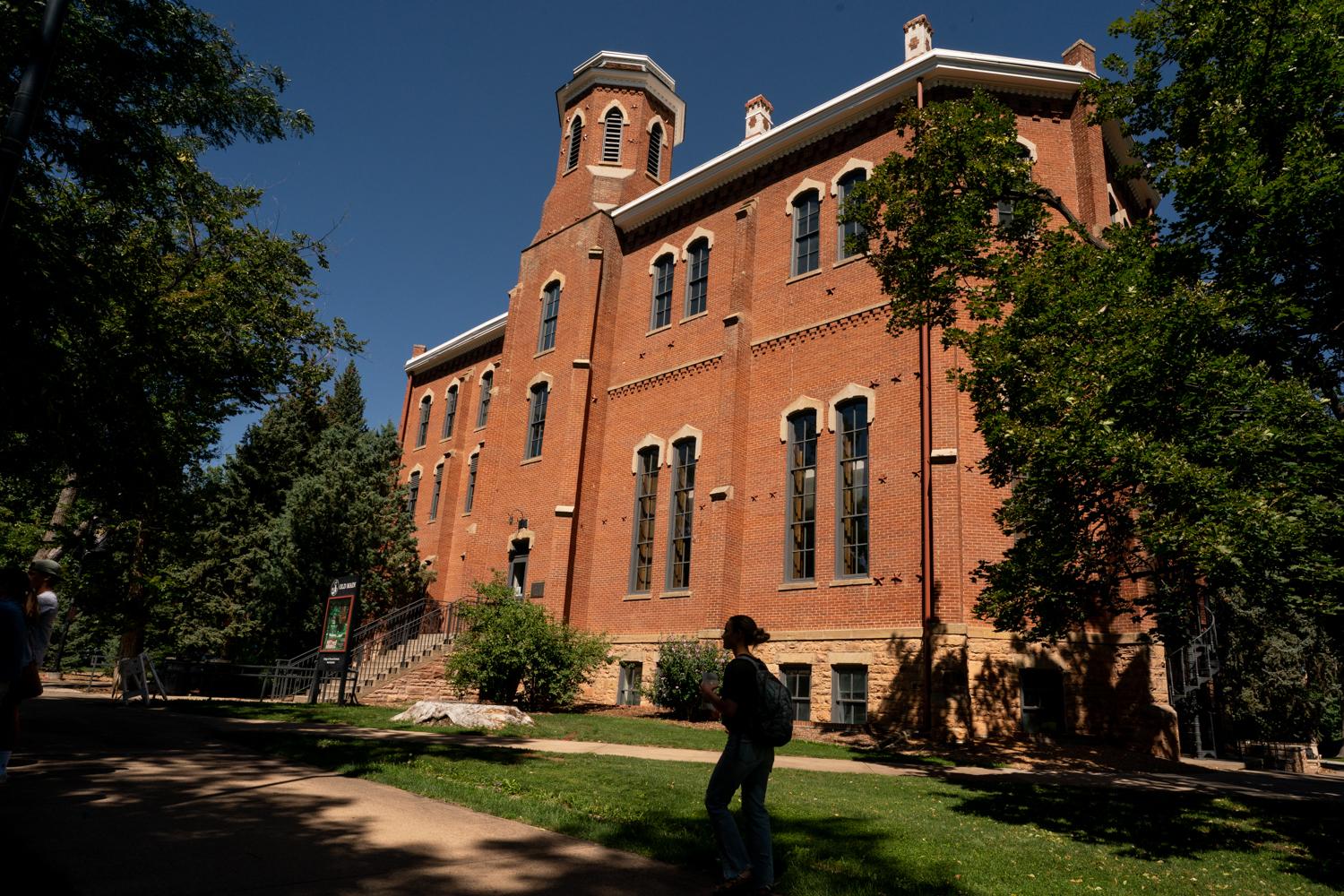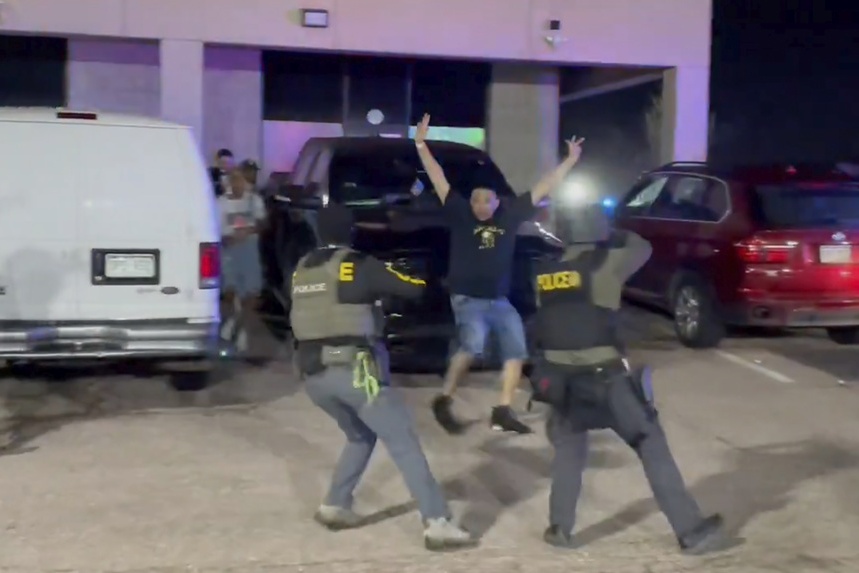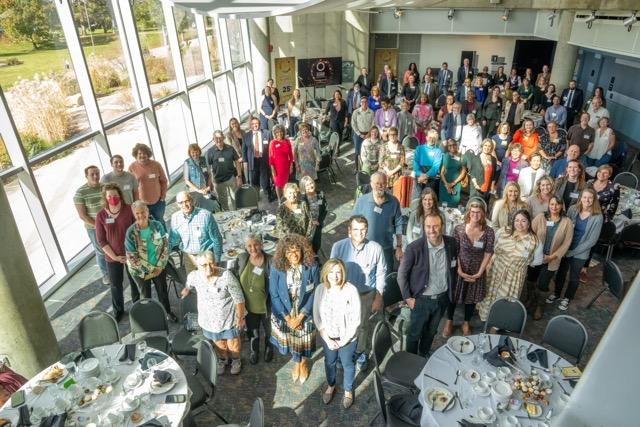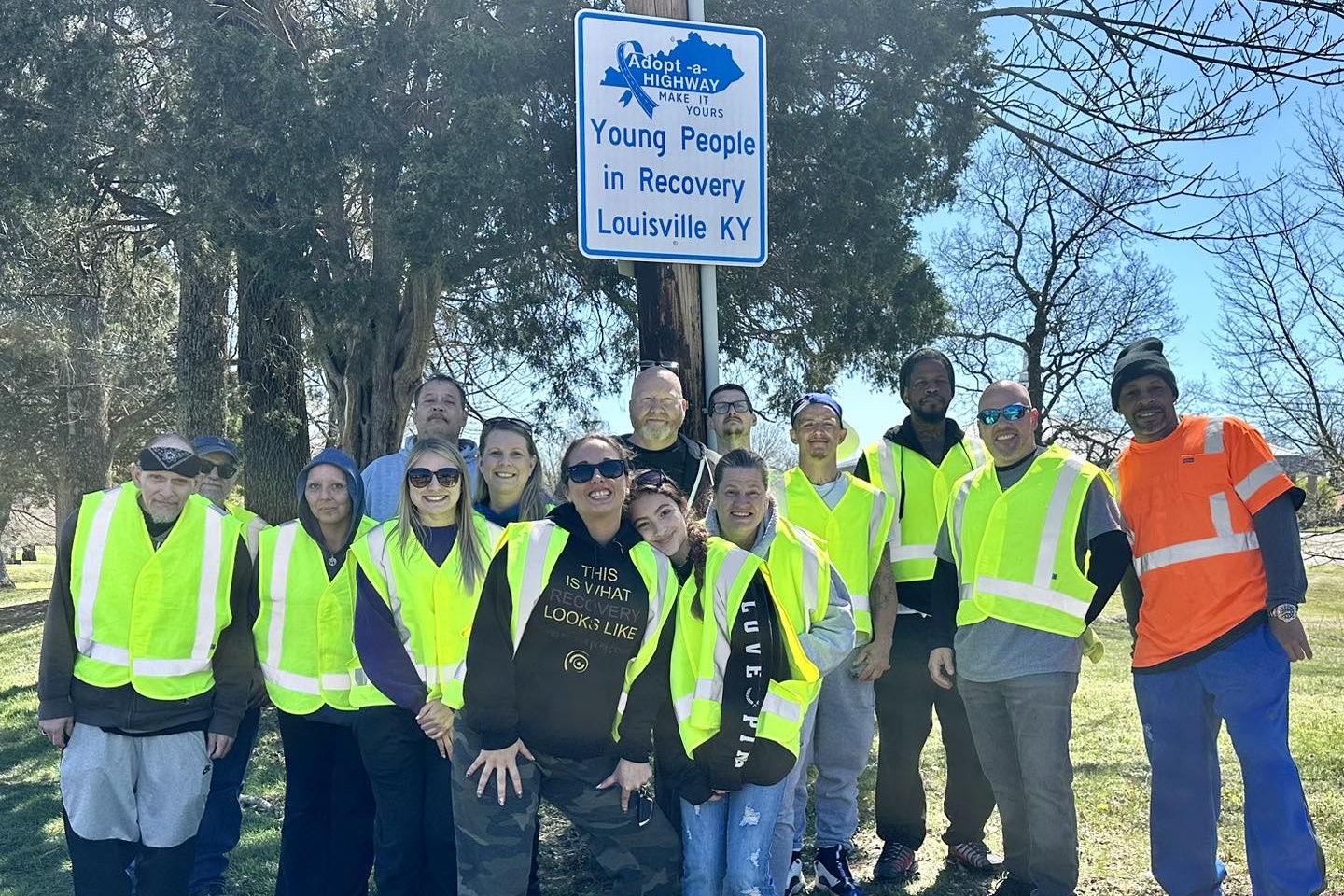
This story was originally published by Chalkbeat. Sign up for their newsletters at ckbe.at/newsletters.
By Jason Gonzales, Chalkbeat
Confusion. Fear. Anxiety.
That’s how Hunter Parnell described what he’s seen as a law student representing immigrants in Colorado. His clients have wanted to know what’s next from the Trump administration and whether they will be able to stay in the United States, he said.
“And people are asking: The status that I thought was going to be secure — is that secure?” he said.
Parnell was one of 12 law students taking part in the Colorado Law Immigration Clinic at the University of Colorado Boulder this past semester, just as the U.S. president has made stricter immigration enforcement a top priority. The university clinic is one of two in the state that provide real-world experience for students and free representation for immigrants who might otherwise have to navigate a complicated system alone.
The clinics are small, and their dockets were full before Trump took office. In the three months since, the professors running the clinics say the demand has grown and they have fielded more questions and received more referrals from community organizations.
“Our baseline is chaotic, tumultuous, harsh conditions, and serious consequences for people who are incredibly marginalized in our society,” said Elizabeth Jordan, an assistant professor and director of DU’s Immigration Law and Policy Clinic. “So I’ve been struggling a little bit since January 20 with the fact that our docket was already quite full with very complicated cases.”
This semester has taught Parnell many lessons. The most apparent is how few resources immigrants have at their disposal to get through a system his professor described as “broken” during a time when the need is possibly at its greatest.
“With this new administration, what we are seeing is just more desperation,” he said.
Clinics are valuable to the community and students
The cases students handle typically involve immigrants who have civil violations for entering into the United States illegally, said Violeta Chapin, a Colorado Law clinical professor. Others are petitioning to stay in the United States. In other cases, students represent immigrants — some with green cards — who have been detained and face removal.
Jordan’s clinic focuses more on immigrants in detention, a system she said operates without much transparency.
Cases students work on include immigrants who may have given a police officer a fake name or been charged with driving under the influence. Clients can sit in detention centers for months to years and face removal because of these offenses, she said. And the new administration hasn’t released many immigrants since January.
In Colorado, more than 30 students have recently had their visas revoked, including some for traffic citations or other cases. The administration also has deported some immigrants without legal proceedings, which worries Parnell.
Without programs like these, Colorado’s immigrant population must represent themselves or seek out attorneys in private firms who can cost thousands of dollars. According to the Colorado Sun, there are about 7,100 immigration cases per judge, and only about 15% of all Colorado immigrants have representation in court.
“We have to fill that need because there are no government attorneys for people who are navigating immigration proceedings,” Chapin said.
Jordan wants her students to understand how to represent clients from all backgrounds with compassion.
“I also want students to understand that learning about the immigration system gives us an opportunity to examine legal systems and the way that they’re constructed, their objectives, their consequences,” Jordan said.
Parnell wants to educate others about the legal system
The students who participate in the law clinics go on to work for the federal government, private firms, or become public defenders. Not many will work with immigrants again, but Chapin said she hopes they’ve learned different perspectives that will help them become better lawyers.
Parnell, who wants to be a public defender, said he’s found that the system often neglects immigrants by handing out arbitrary consequences. One client with a similar case might get a different outcome than someone else.
“For the most part, for the people that are in our immigration system, there isn’t much rhyme or reason,” he said.
He hopes that the Trump administration’s recent actions teach Coloradans and the nation just how difficult the system can be for immigrants, because he sees a lot of confusion about the process.
He’s also learned that attorneys should do a better job of explaining how the legal system works so that clients and the public can be more informed, he said.
And he added that attorneys should speak out when any part of the legal system doesn’t work in a way that’s fair to clients.
Jason Gonzales is a reporter covering higher education and the Colorado legislature. Chalkbeat Colorado partners with Open Campus on higher education coverage. Contact Jason at [email protected].








